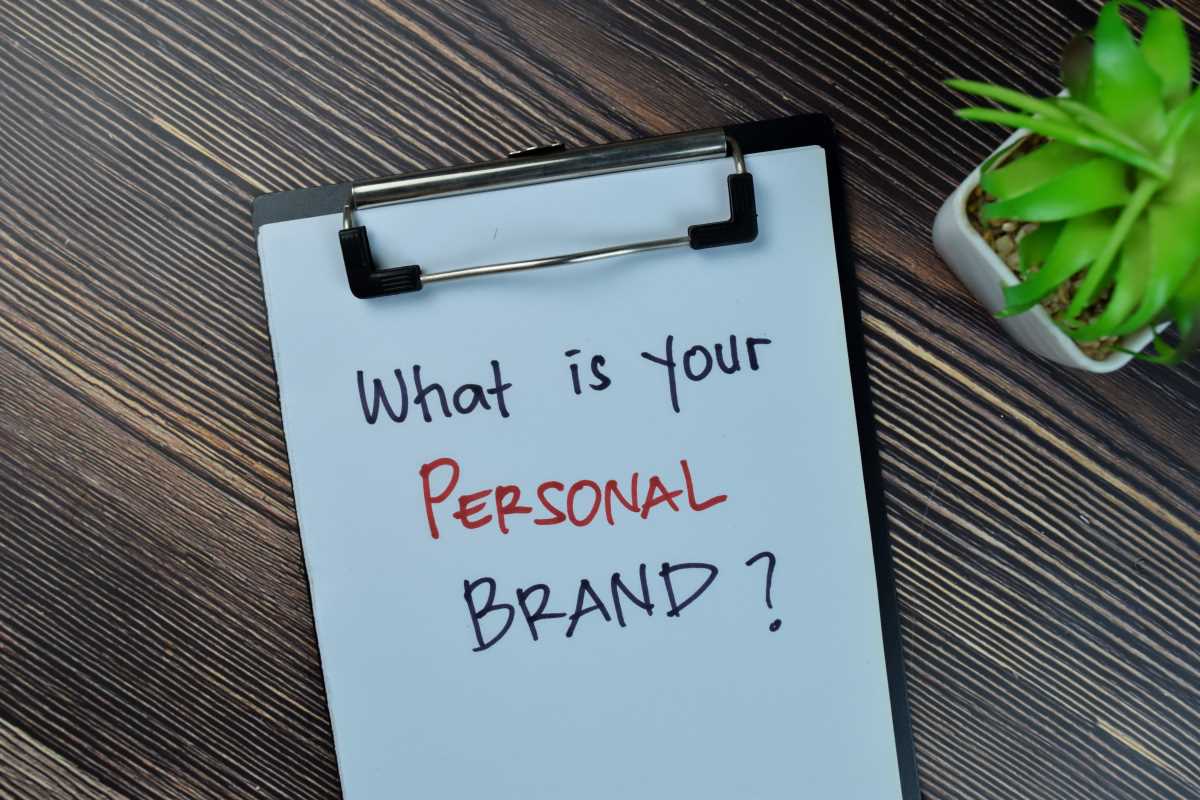At the end of almost every job interview, the tables turn. The hiring manager leans back and asks the classic question: "So, do you have any questions for me?" For many people, this moment can be surprisingly stressful. You might be tempted to say, "Nope, I think you covered everything!" but that is a huge missed opportunity. This part of the interview is not just a polite formality; it’s your chance to shine. The questions you ask demonstrate your level of engagement, your intelligence, and what you truly care about in a job. Asking thoughtful questions proves that you’ve done your research and are seriously considering whether this role and company are the right fit for you. It transforms the interview from a one-sided interrogation into a two-way conversation, helping you stand out as a mature and proactive candidate.
Here are seven questions you should always be ready to ask.
1. "What does success look like in this role in the first 30, 60, and 90 days?"
Why it's a great question: This question is brilliant because it shows you are a forward-thinking planner who is eager to hit the ground running and make an immediate impact. It tells the interviewer that you are not just looking for a job, but that you want to be successful in that job. The answer will give you a clear roadmap of the company's expectations, helping you understand the immediate priorities and challenges of the role. It also helps you visualize yourself in the position and decide if the expectations are realistic and exciting for you.
2. "What are the biggest challenges someone in this position will face?"
Why it's a great question: This question shows maturity and a realistic mindset. Every job has its challenges, and pretending they don't exist is naive. By asking this, you demonstrate that you are a problem-solver who isn't afraid of a tough situation. The answer is incredibly valuable for you, as it gives you a peek behind the curtain. The interviewer's response will reveal potential roadblocks, resource limitations, or difficult team dynamics. This information can help you decide if you have the skills and resilience to tackle these challenges and thrive in the environment.
3. "Can you tell me about the team I would be working with?"
Why it's a great question: A job is about more than just the tasks you perform; it’s about the people you work with every day. This question shows that you are a team player who understands the importance of collaborative relationships. It signals that you care about fitting into the team and contributing to a positive work environment. The answer will give you insight into the team's size, structure, and dynamic. You might learn about the experience levels of your potential colleagues, which can indicate opportunities for mentorship or leadership.
4. "What do you enjoy most about working here?"
Why it's a great question: This is a fantastic question to ask your direct interviewer. It's a personal question that helps you build rapport and allows them to share their own perspective. Their answer can be very telling. If they get genuinely excited and can quickly list several things they love about the company culture, the people, or the work itself, that's a great sign. If they struggle to come up with an answer or give a very generic response, it could be a red flag. It’s a simple way to gauge employee morale and the overall atmosphere of the workplace.
5. "How does the company support professional development and growth?"
Why it's a great question: This question demonstrates that you are not just looking for your next job, but for a long-term career path. It shows ambition and a desire to continuously learn and improve. For you, the answer reveals whether the company invests in its employees. Do they offer funding for courses and certifications? Do they have mentorship programs? Are there clear paths for promotion? A company that supports employee growth is a company that values its people, which is a key indicator of a healthy workplace.
6. "What are the next steps in the interview process, and what is the timeline you are working with?"
Why it's a great question: This is a practical and professional question that shows you are organized and respectful of the process. It's a perfectly reasonable and expected question to ask. The answer helps you manage your own expectations. It lets you know when you can expect to hear back, so you aren't left anxiously checking your email every five minutes for weeks on end. It also provides a natural and polite way to wrap up the conversation.
7. "Is there anything about my background or our conversation that gives you hesitation?"
Why it's a great question: This is a bold question, but it can be incredibly effective if asked with genuine curiosity and confidence. It shows that you are open to feedback and secure enough to address potential concerns head-on. It gives you a final chance to clear up any misunderstandings or elaborate on an answer that might not have landed perfectly. For example, if the interviewer expresses concern that you don't have experience with a specific software, you could respond by highlighting your ability to learn new technologies quickly, providing an example from a past role. It’s a high-risk, high-reward question that can leave a lasting impression of confidence and self-awareness.
 (Image via
(Image via





